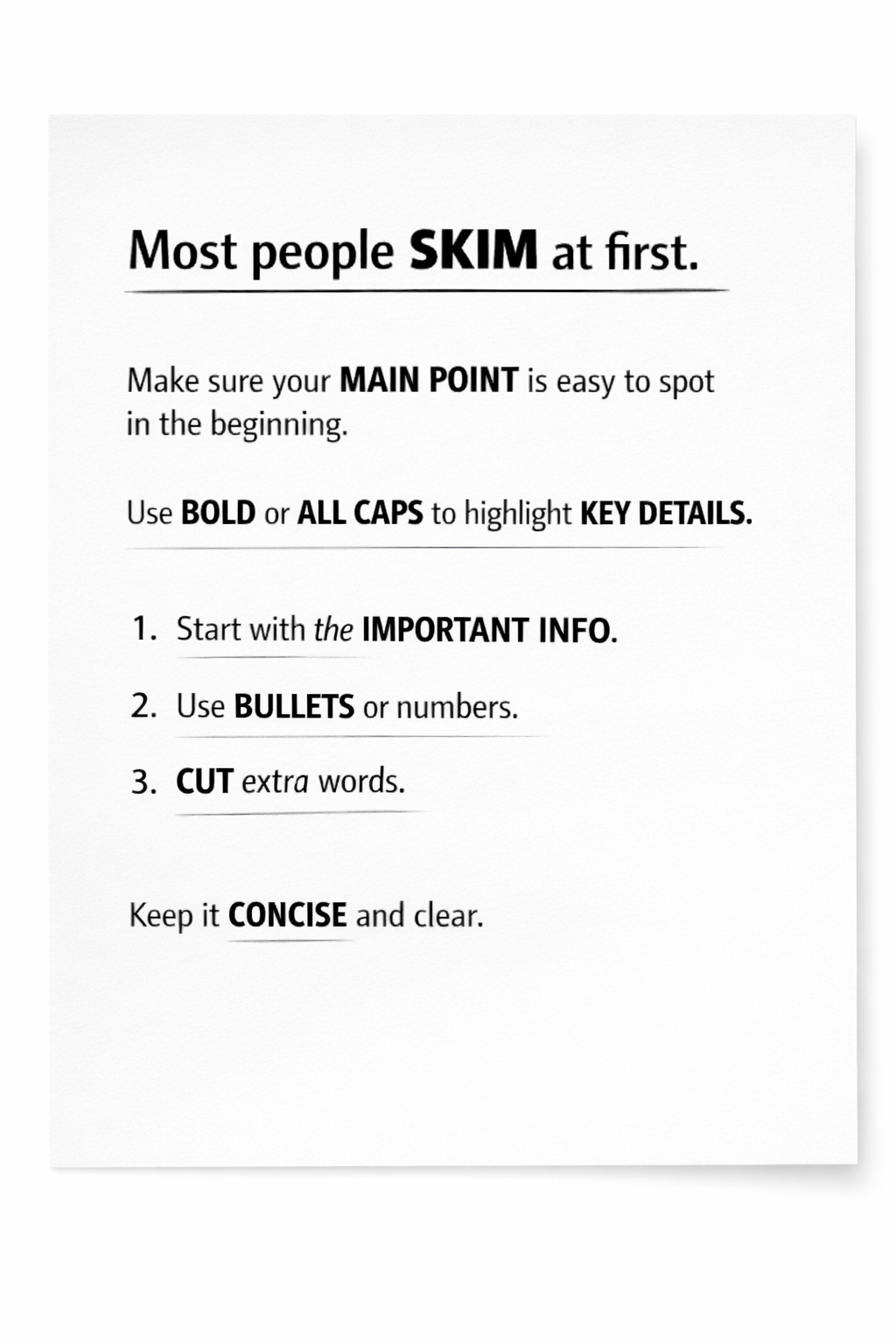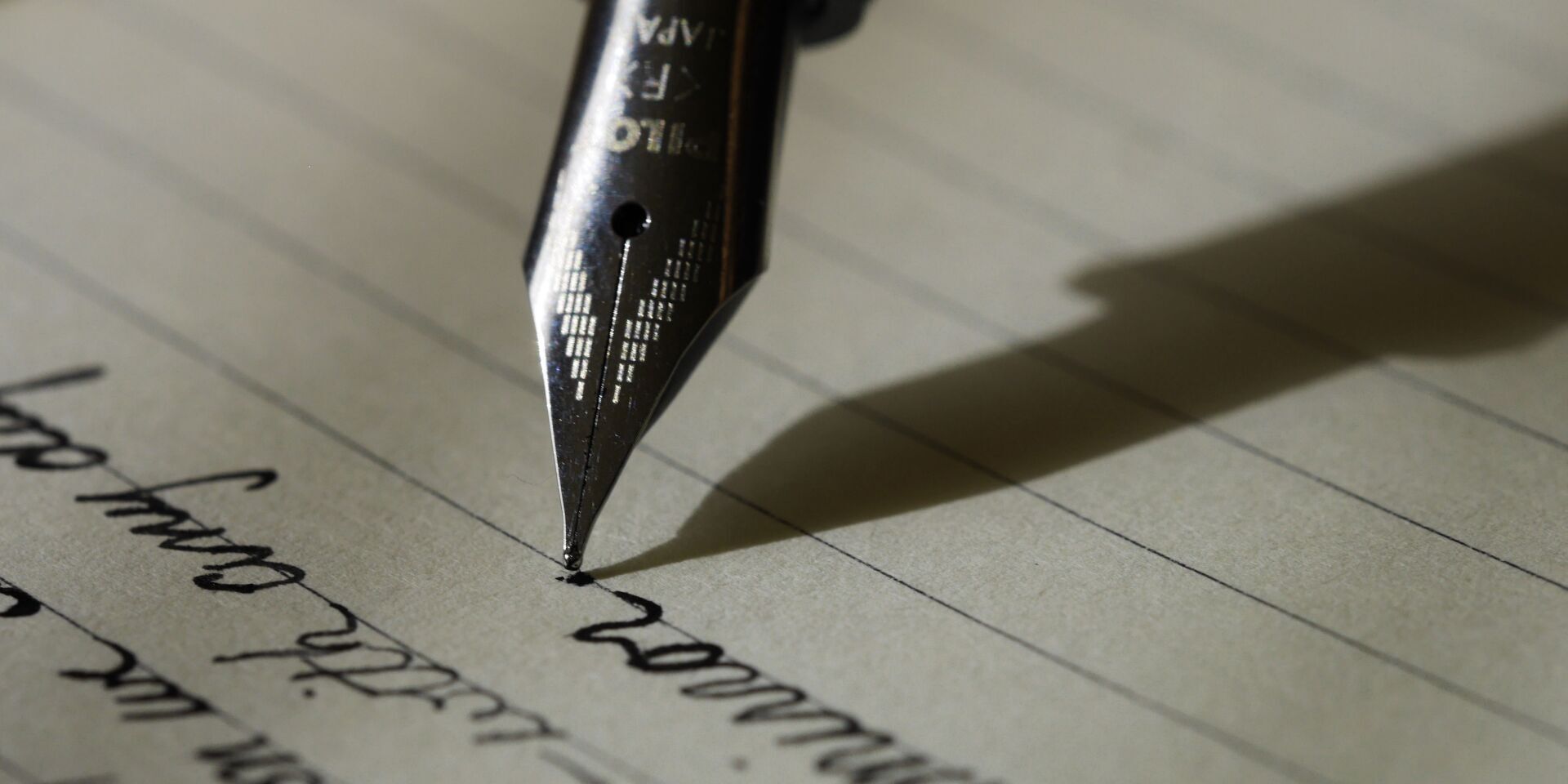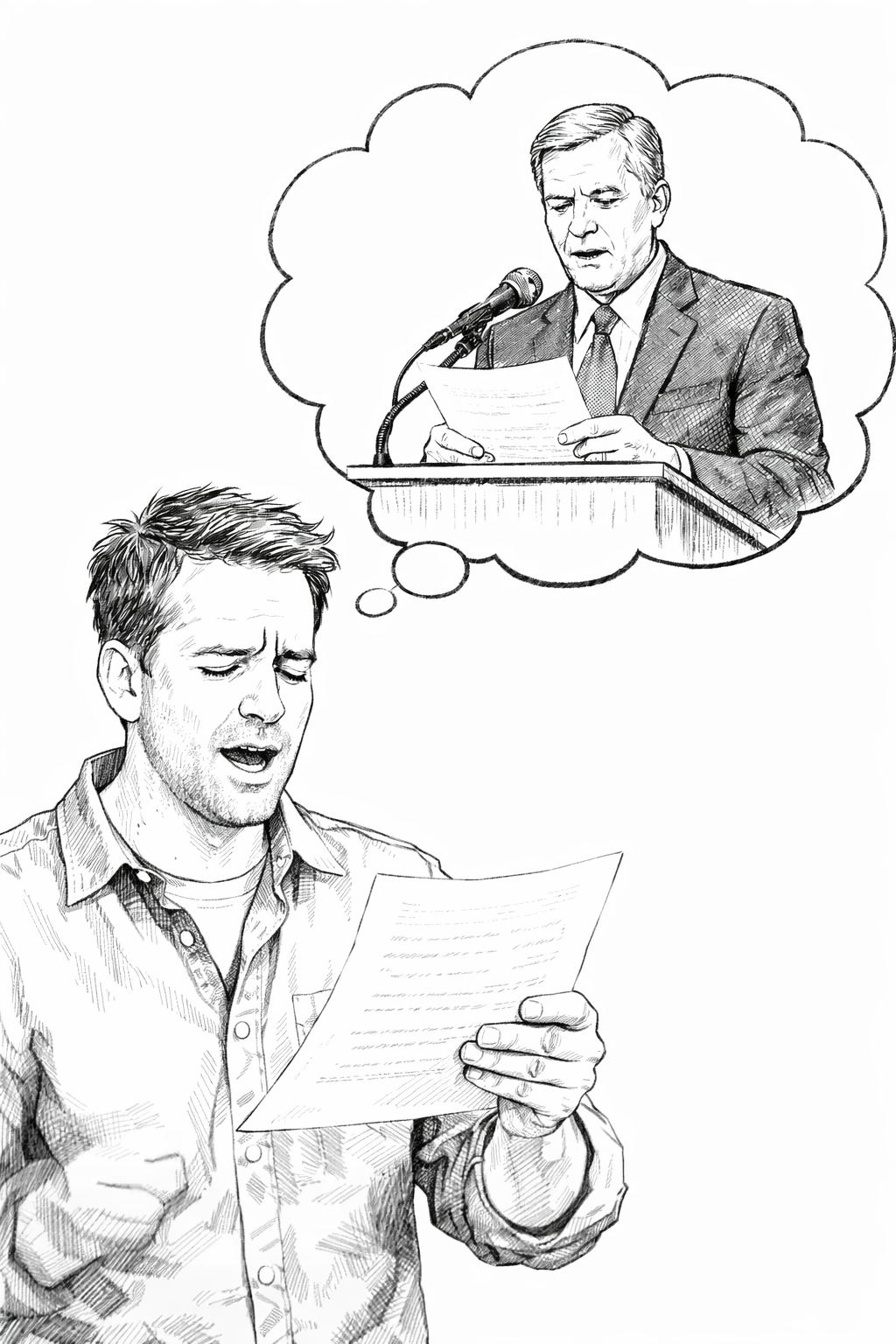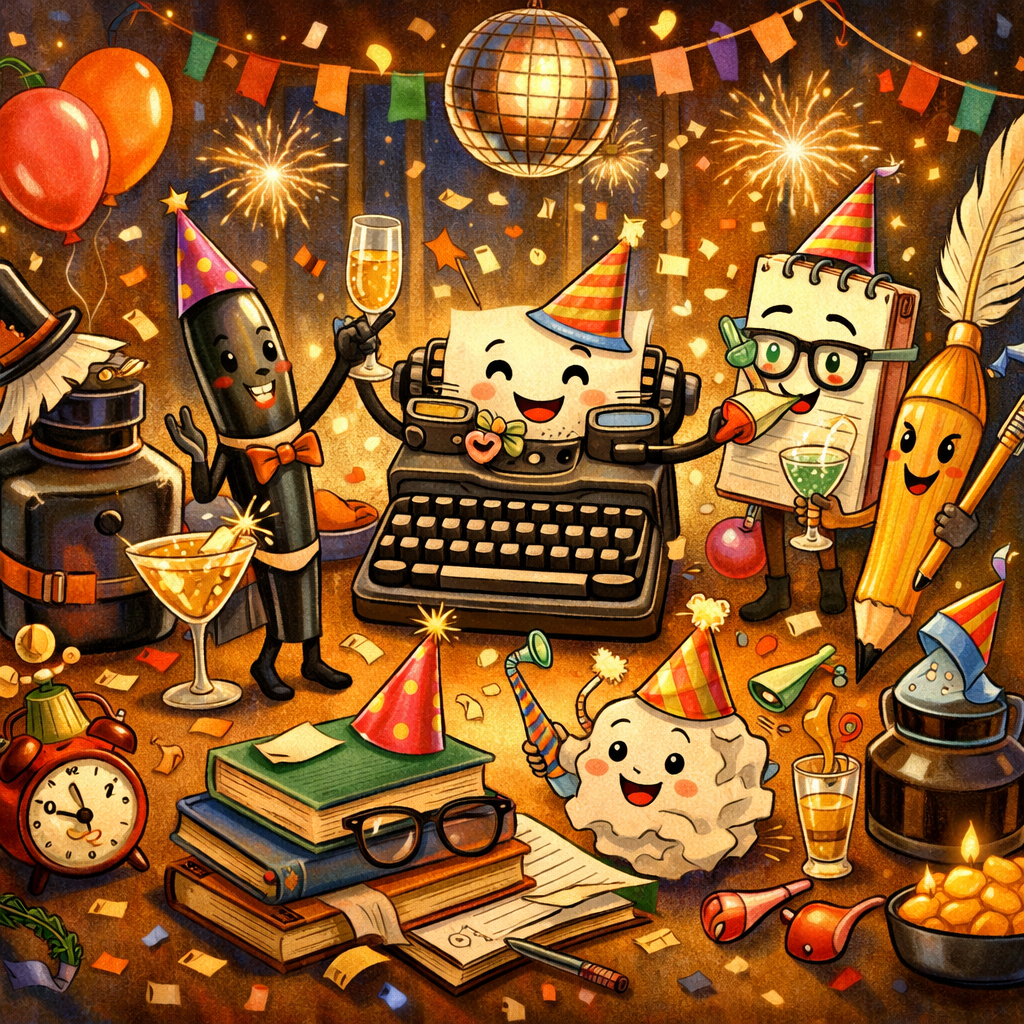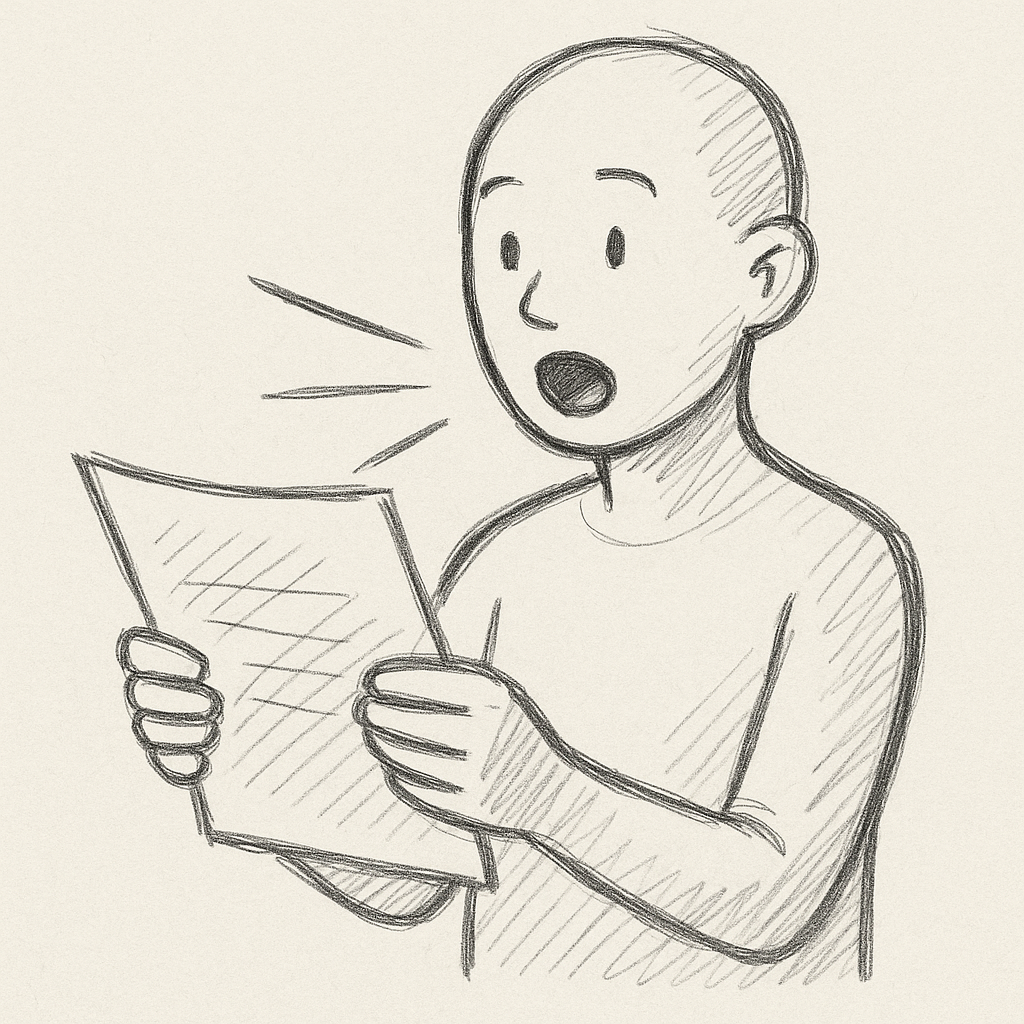Nib #86 Never Share Your First Drafts
If you want to cultivate a reputation as a good writer, never show anyone else your first drafts.
Most inexperienced writers — whether students or young professionals — don’t appreciate just how bad first drafts are (See Nib #8: First (Worst) Drafts). Not their first drafts; all first drafts.
Rough drafts always teem with innocent but embarrassing mistakes like misused words and tense disagreements. Even worse, they are full of bad writing — overlong sentences, purple flourishes, awkward phrases, and confusing transitions. No matter how smart or talented you are, if you hand someone a first draft of something you write, they are going to think you’re illiterate.
Don’t even share first drafts to solicit feedback on them. A typical first draft is so bad that only the writer himself can improve it — because no one else can even discern the text’s intended meaning.
Ideally, you should not share — let alone submit — anything rougher than a third draft. The first edit should clear your draft of mistakes. The second should smooth out the clunkiest bits. Third drafts will still need polishing, but they should at least be coherent. (For frame of reference, you are reading the seventh draft of this Nib.)
Of course, keeping your first draft to yourself will not magically make your writing better. But it will protect your reputation from the harshest judgments. And, in a world where your peers do share their rough cuts, it will make you look like Jane Austen by comparison.
Until next week… keep writing!
